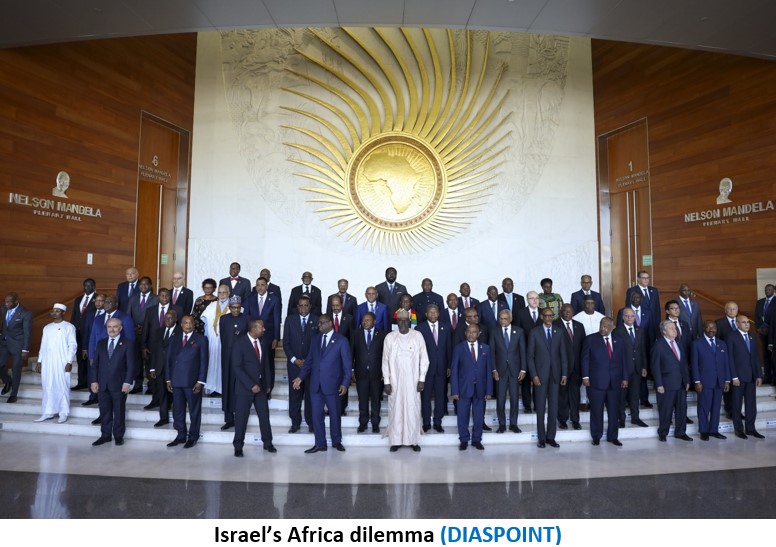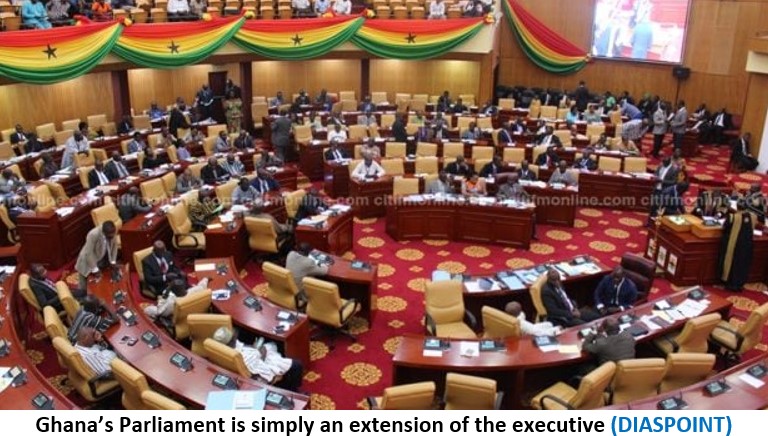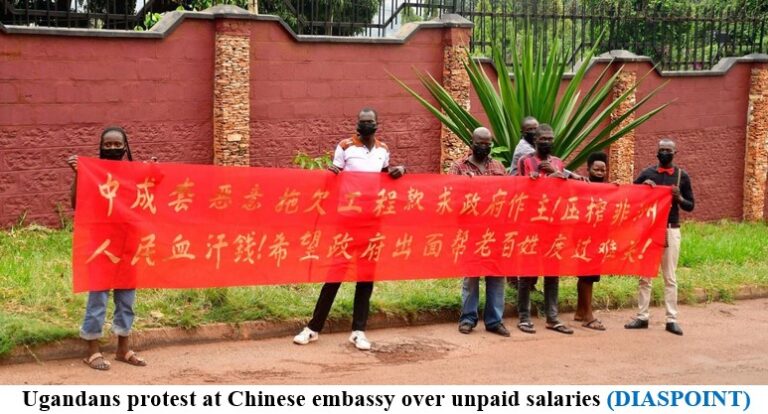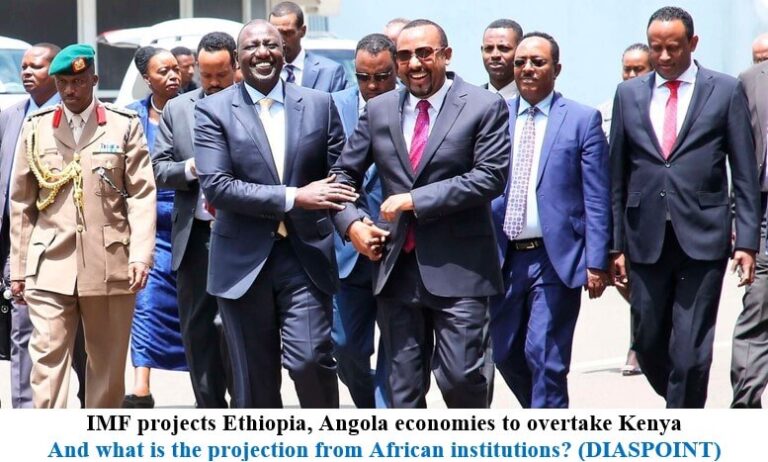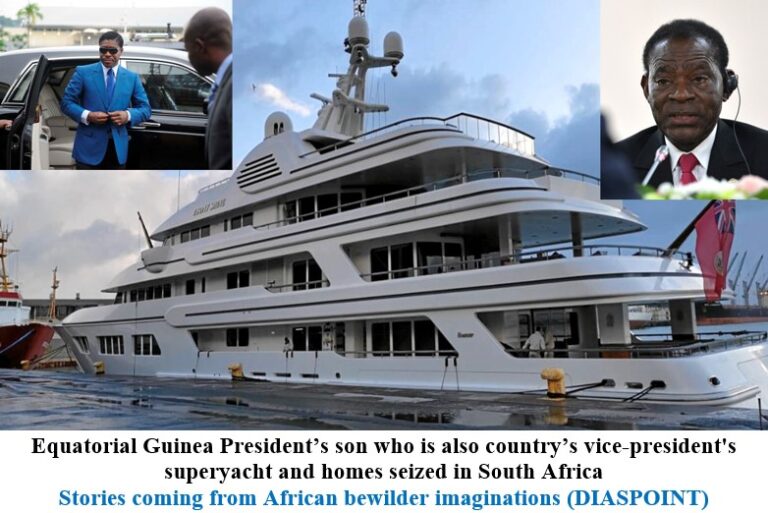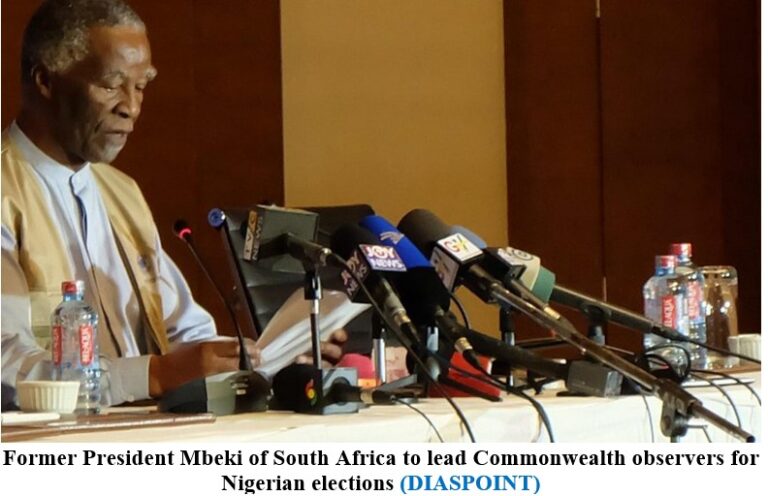Israel’s Africa dilemma
Israel has long sought strong ties with Africa, but the recent expulsion of Israel’s ambassador to Ethiopia from the African Union summit could potentially harm its efforts to improve relations
Following his contacts in Sudan on Feb. 2, Israeli Foreign Minister Eli Cohen announced that they had agreed on aspects of the peace agreement to be signed between Sudan and Israel. The agreement will be signed in Washington after the interim government in Sudan hands over its powers to a civilian government. Thus, Sudan will become the fourth country, after the United Arab Emirates, Bahrain and Morocco, to sign a normalization agreement with Tel Aviv.
The normalization between Sudan and Israel was first announced by former U.S. President Donald Trump on Oct. 23, 2020. Shortly before this decision, Sudan was removed from the list of “countries that support terrorism” by the United States. As Cohen stated, the implementation of this agreement with Sudan is of critical importance for Israel. Melting ice with Khartoum will also break the historical decision of the Arab League known as the “Three Nos” (no peace with Israel, no negotiations with Israel, no recognition of Israel), and will contribute to the normalization of Israel with more Arab and African countries.
Israel aims to normalize its relations with many countries with the great support of the U.S. in the international arena. Since the African continent is of great importance in terms of Israeli foreign policy, the issue of developing relations with the continental countries has been one of the priority agendas of the Tel Aviv Administration for a long time. The Abraham Accords, in effect since Sept. 15, 2020, include normalization declarations between Israel, the United Arab Emirates (UAE) and Bahrain. They also gave a great impetus to Tel Aviv’s normalization efforts with African countries.
Israel’s Africa effort is not new
In fact, Israel’s effort to normalize its relations with Africa is not new. David Ben-Gurion, the founder and first prime minister of the State of Israel, which was established in 1948, paid attention to developing relations with African countries to get rid of diplomatic isolation at that time. Therefore, the 1950s and 1960s were a period in which Israeli-African relations developed rapidly. In this period, Israel’s cooperation demands were also welcomed by the newly independent African states. But after the war with Palestine – notably the 1973 Yom Kippur War – and the oil embargo declared by the Gulf Arab states, most African states broke off diplomatic relations with Israel. The Organization of African Unity also made the decision to cut relations with Israel.
After the Oslo Accords were signed between the Palestine Liberation Organization (PLO) and Israel in 1990, the Tel Aviv administration turned its attention to establishing relations with Africa again. However, initiatives for the African continent gained momentum mainly during the Benjamin Netanyahu era. At that time, many high-level official visits were made to continental countries. As a result of these Netanyahu’s efforts, relations with Chad, with which diplomatic relations were cut in 1972, were reestablished. Iran’s then-President Mahmoud Ahmadinejad, who was influenced by Netanyahu’s active African policy, also made efforts to increase his influence in the region. However, Hassan Rouhani, who was Ahmadinejad’s successor, kept the African agenda in second place in foreign policy for a long time, which gave an advantage to Israel’s presence in the continent.

